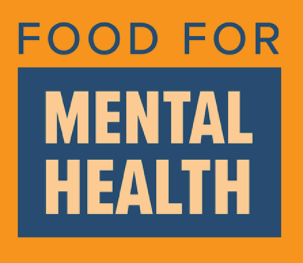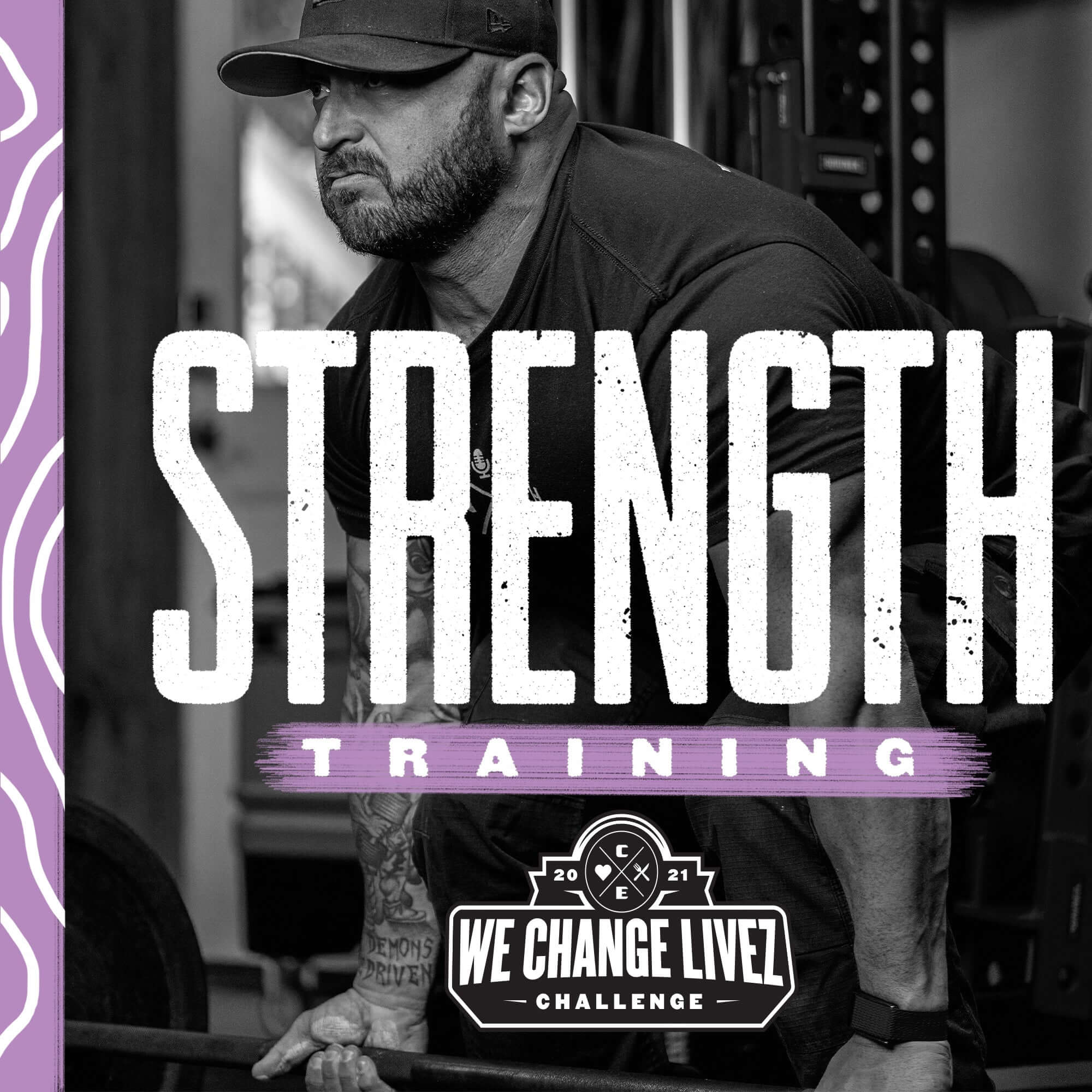
Food for Mental Health
Crystal Zabka-Belsky, MS, RDN, CSSD, LMNT, LDN
Nutrition
|
Healthy Lifestyle
|
Mental Health
7 minute read
Table of Contents
Navigating the realm of food for mental health requires a delicate balance, as it involves fostering wellness while avoiding the pitfalls of anxiety, depression, and dysfunctional thoughts. Often, our initial inclination is to establish a stringent, inflexible regimen laden with rules. Paradoxically, this very strictness can amplify anxiety, driven by the elusive pursuit of perfection, and heighten the risk of depression due to persistent feelings of failure. What food is good for mental health? Let's discover it now!
Meal Plan
Let’s start with the philosophy of the meal plan vision. We need to be ready for the unexpected. It is important to build relapse prevention strategies right into your healthy meal plan just like we would with mental health treatment plans. What I mean by this is, to prepare for how you will respond when things inevitably don’t go as planned. Because at some point, this is going to happen and there is no need to go right back to maladaptive eating patterns the first time something goes wrong. The goal is to develop a lens through which we can see several paths to successful eating rather than just one rigid path set up like an intangible maze. This can be done with exposure therapy, which is accomplished by practicing situations that may have historically thrown you off. For example, you can choose to eat at a common restaurant to practice something outside your traditional meal plan.
Structure of The Meal Plan
Next, let’s discuss how the structure of the meal plan relates to "food for mental health." The pattern is where it's at. It is incredibly important from both a psychological and physical health standpoint that there is a consistent, familiar pattern of eating. Psychologically, this provides an ongoing sense of completion, accomplishment, and security. It empowers an individual to take control over something that has probably felt out of control in the past. Physically, it helps to establish a time clock that regulates hunger and fullness cues as well as digestion, giving an individual a natural sense of permission to eat consistently and the intuition to stop eating when full. Ideally, meal plans are set up with three meals and three snacks daily, with even time durations between each eating episode. So for example, a great pattern would be alternating meals and snacks at 7:00 am, 9:30 am, 12:00 pm, 2:30 pm, 5:00 pm, and 7:30 pm. This helps to promote a consistent feeling of satiety or contentment and helps an individual to avoid periods of excessive restriction followed by overeating. Having said this, keep in mind that this is just a guideline and should not be seen as a rigid rule. There will be times when it makes more sense to eat earlier, later or fewer times in a day. No crisis will occur if this happens from time to time. As reinforced by the Centers for Disease Control (CDC), reflecting on habitual eating patterns, replacing unhealthy behaviors with healthy ones, and positive reinforcement of a healthy lifestyle all contribute to an increased potential for long-term wellness.
Food Volume
One of the biggest triggers that my client report is related to cycling between restrictive eating and overindulgence, which makes hunger and fullness cues a hot mess. It is essential that when a meal plan is established, it is done so with the appropriate total caloric needs as the foundation. Weight loss, weight gain, and weight maintenance are all driven by how our calories are taken in comparison to calories burned each day. One of the most frustrating situations for an individual is when they believe that they are choosing healthy foods, but because their daily caloric content is excessive or inadequate, their weight is not responding the way that they imagined it would. This can be so confusing, and quite frankly devastating, for someone who is invested in making lifestyle changes. In combination with an appropriate eating pattern, a consistent caloric structure is key. If daily caloric needs are determined to be 2000 kcal per day, a great structure would be using a range of 400 to 450 kcal for meals and 200 to 250 kcal for snacks. Using a range helps to redirect the unrealistic desire for perfection while establishing familiar food volumes for the stomach to become accustomed to. There is no such thing as perfect eating, but familiarity will go a long way. A great starting point in establishing appropriate food volumes and caloric content is finding a prepackaged meal service that is aimed at providing balanced whole-food meals and empowers you with nutritional content information (Clean Eatz Kitchen - Healthy Meals Delivered). This serves as a teaching tool for visualizing appropriate food volumes, provides a variety of meal combination ideas, guides you in choosing appropriate caloric content, and is an excellent piece of the relapse prevention plan when individuals don’t have time to cook or prepare foods.
Actual Foods Eaten
First and foremost, there should be no forbidden foods. Foods categorized into “good” and “bad” categories will cause more harm than good as related to mental health. It sets an individual up for feelings of guilt and shame, which can bleed into mental health status as highlighted by the JED Foundation. All foods can fit in moderation. Learning how they contribute to overall daily needs is a great way to approach the situation. For example, let’s say chocolate candy purchased in bulk turns into an overindulgence. The response doesn’t have to be avoiding chocolate candy altogether. It could be choosing a single-serve trail mix or bar that has some combination of nuts, seeds, dried fruit, and chocolate candy (Clean Eatz Kitchen Protein Bars). This reframes your perception of this potentially-triggering food item as a small component of a healthy snack. Next, no food group should be avoided, as doing so would eliminate a set of nutrients essential to overall health. When planning meals and snacks, it is important to focus on balanced intake. There are a variety of free resources available to learn more about the daily nutritional needs of each food group, as well as portion guidelines for individual needs (MyPlate | U.S. Department of Agriculture). A less familiar piece of a healthy daily meal plan linked directly to mental health status is gut health strategies. Incorporating yogurt, kefir, kombucha, sauerkraut, and even dark chocolate can add healthy bacteria to your gut to promote both physical and mental health wellness.
Final Thoughts
Overall, developing a vision for a long-term lifestyle change should be the overarching goal. Quick fixes rarely give lifelong results and can often lead to increased physical and mental health issues. Give yourself some grace as you develop a meal plan that is flexible, balanced, and adaptable to your lifestyle. Rome wasn’t built in a day.
FAQ
How can I manage race day stress for better mental health?
Practice relaxation techniques like deep breathing, visualization, and positive self-talk. Adequate sleep, staying hydrated, and maintaining a consistent pre-race routine can also reduce stress and improve mental readiness.
Can proper race day nutrition replace mental health treatment?
While nutrition plays a significant role, it is not a substitute for professional mental health treatment. If you're facing mental health challenges, it's essential to consult healthcare professionals for personalized guidance and support.
Can I adjust these tips based on my specific race and fitness level?
Absolutely. These tips serve as general guidelines, but it's essential to adapt them to your specific needs, fitness level, and the type of race you're participating in. Consult with coaches or professionals for personalized advice.
What's the role of hydration in race day preparation?
Staying properly hydrated is essential for optimal race day performance. Dehydration can lead to fatigue and reduced cognitive function. Start hydrating well before the race, and continue to sip water throughout.
Related Articles
Four Surprising Weight Loss Tips
6 minute read
Mind Over Matter - Losing Weight is Mental
4 minute read
Should I take a Pre-Workout Supplement?
3 minute read



